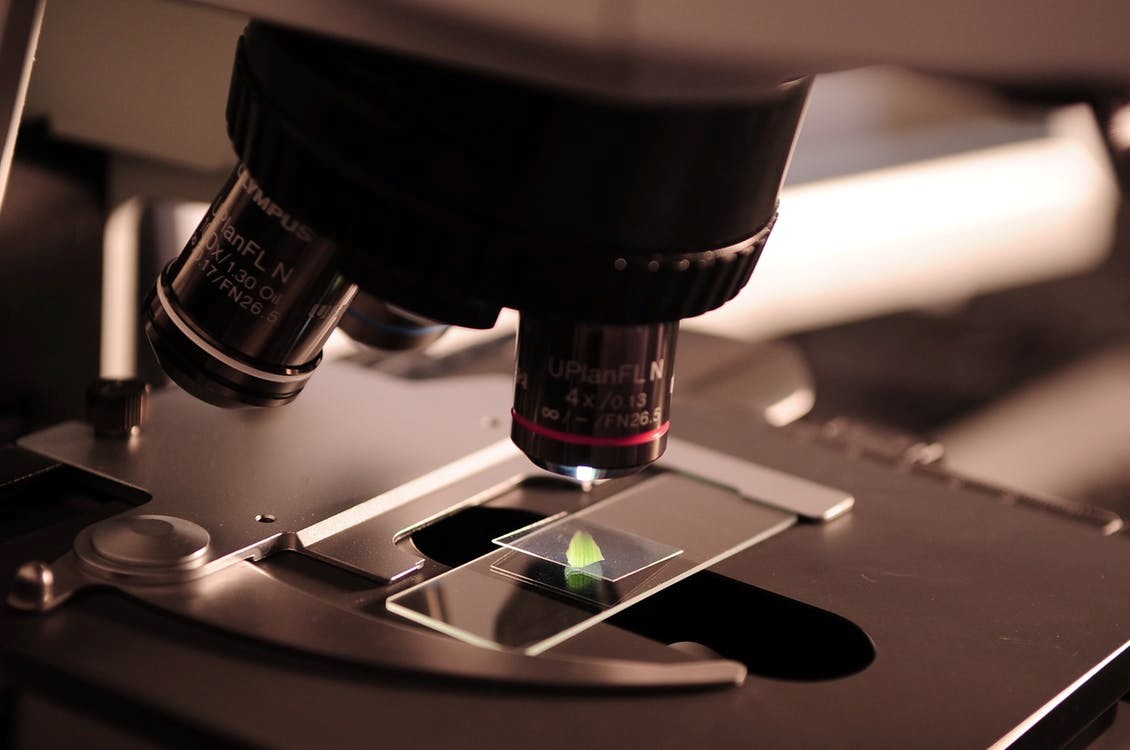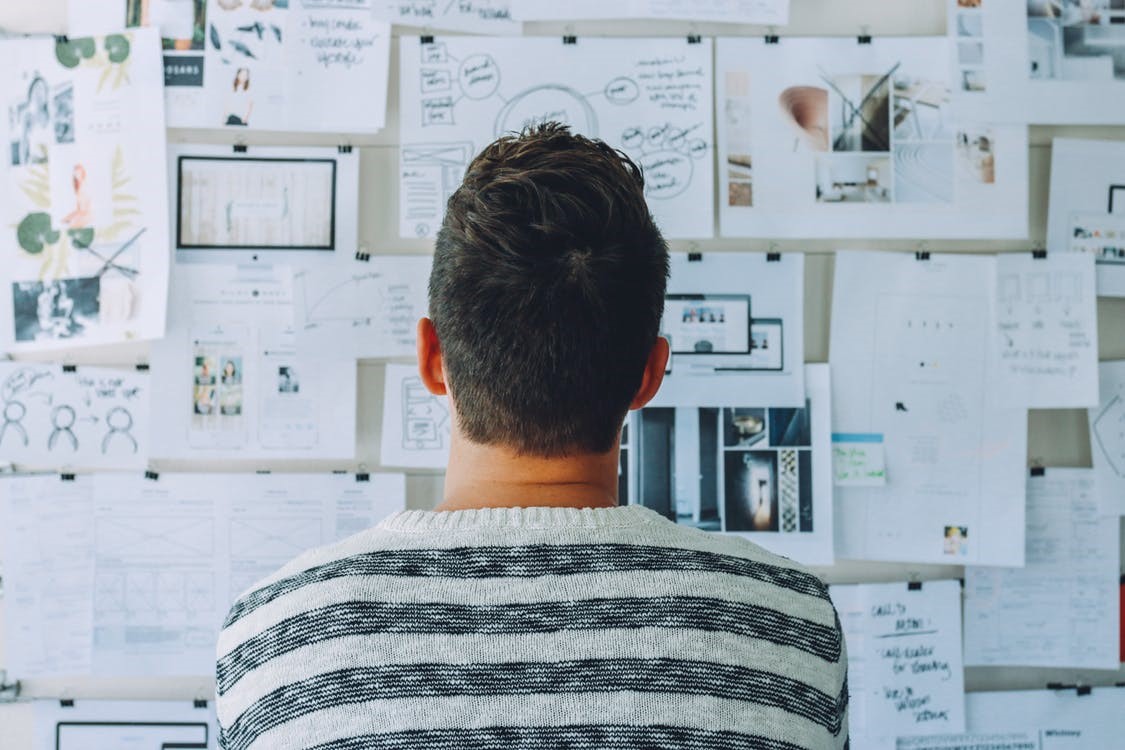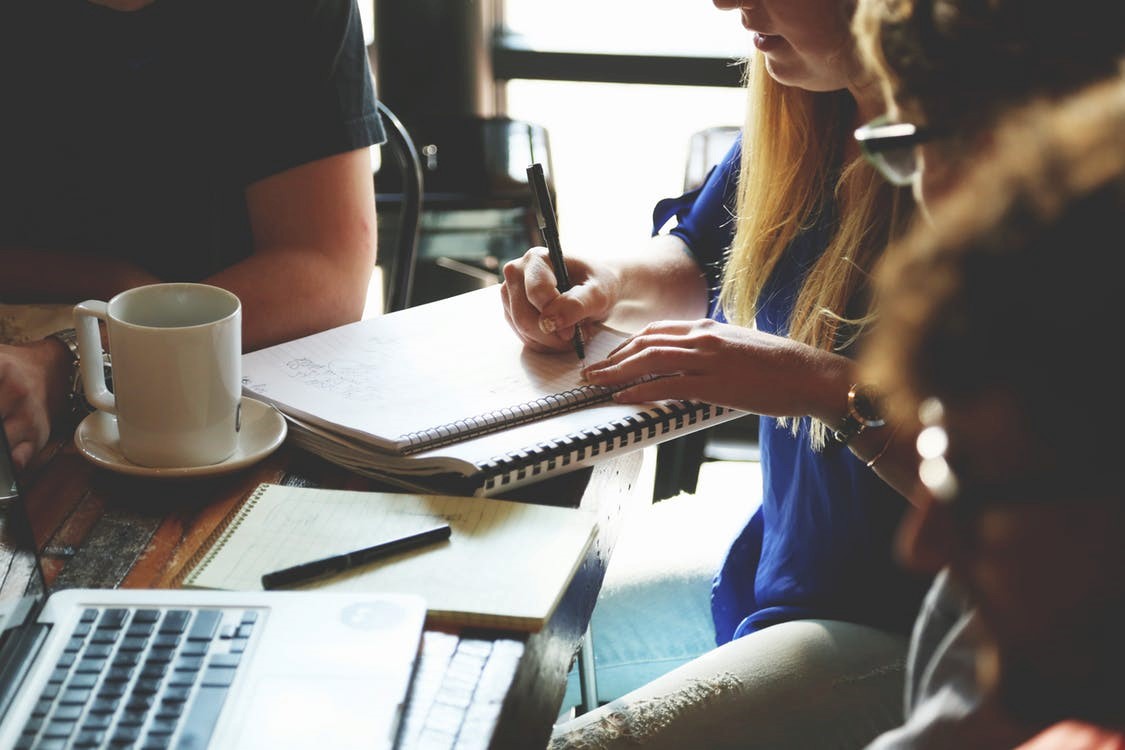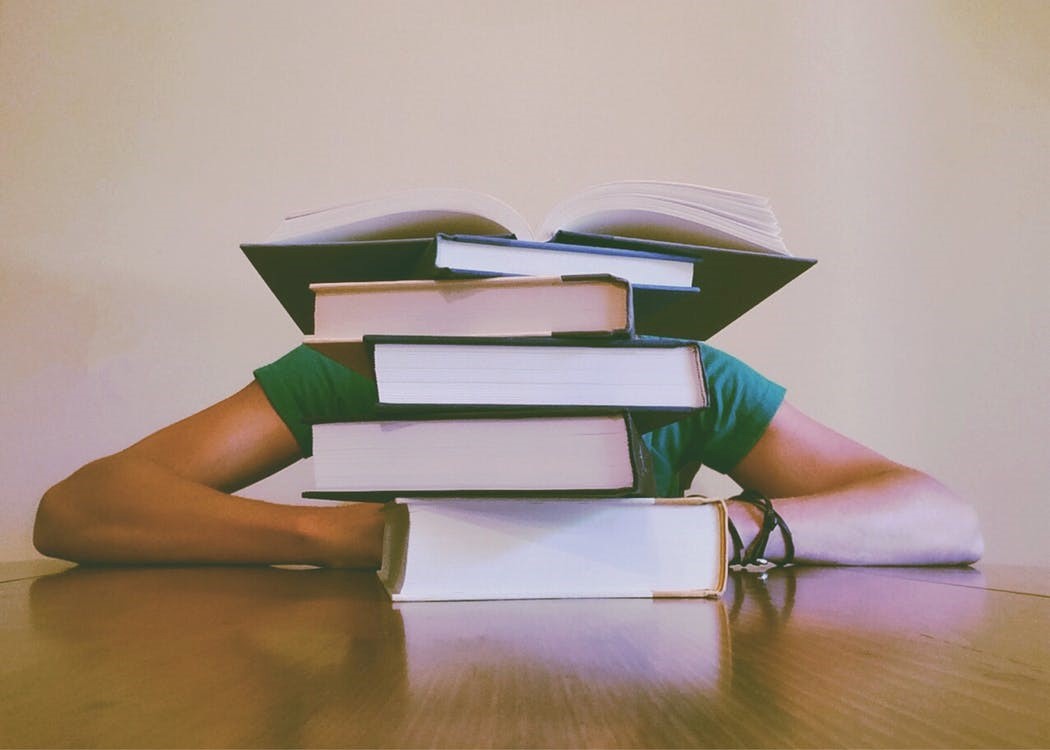Newsroom
#LabLifeLessons: Looking back to the PhD journey
Written by Daniela Salas from the Foster lab, Michael Smith Laboratories
When faced with the question ‘why science?’, key moments come to mind about high-school experiments like burning magnesium or learning an interesting fact about humans or nature. This curiosity is what led me to study chemistry and – aided by external circumstances – ultimately, pursuing a PhD. Without much consideration about what my PhD journey would look like, I jumped into it head-on knowing it would be a challenge. Looking back today, I now realize that I had only a vague idea about the nature of those challenges.
The challenges I anticipated were of the academic sort, such as mastering certain experiments or understanding the fundamental knowledge of my research. With time, I came to understand that other types of challenges were more crucial, such as dealing with uncertainty, failure, and frustration, for which perseverance and resilience are key. I imagined immediate life-changing scientific breakthroughs and found that science is slow, requiring one-step-at-a-time actions, and the joint effort of many over a number of years. I learned that probably the best skills to acquire are to be kind to yourself and to learn to relate to others with acceptance, assertiveness, and respect.
Curious about the PhD journey of others, I rounded up a group of amazing postdocs from the Michael Smith Laboratories to reflect on their PhD experiences and the lessons they have learned. If you are reading this and are considering a PhD, you may find this an interesting read.
What motivated you to study a PhD?
Steve: The euphoria of making a new scientific finding back in undergrad lured me in.
Quentin: I’ve always liked science. I kept working with insects because I feel like they are a ‘left-out’ group. I think I heard in a documentary that “You don’t become interested in living organisms, you lose interest as you grow up” so, in my case, I guess I never lost interest.
Weronika: My journey of starting a PhD was quite long as I worked for a pharmaceutical company for a couple of years. It was at this job that I realized that I missed doing lab work and that those positions for the type of bench work that I am passionate about, required a PhD degree.

What were you expecting from a PhD that you didn’t get?
Steve: There were some technical skills I didn’t learn, mostly because the research direction shifted midway through my PhD, which happens.
Ali: Going into a PhD, I didn’t really know what to expect in the first place! Except, I expected to be a poor student, work long hours, and have little time off. I have been pleasantly surprised by the financial stability (thanks to scholarships) and work-life balance I’ve been able to maintain. I’m also thankful for having a supervisor who values those things as well.
Paulina: I expected to become an expert in the whole field of immunology (how naive I was…). I realized that you rather become an expert in a narrow field of your research. The quote, ‘The more you know, the more you know you don’t know,” resonates for me.
Quentin: I imagined that you complete a PhD and all of a sudden, you are qualified. And that’s it, you can start. But it’s not like that, every time you must learn something new. I don’t feel it’s easier now for me to start a postdoc than it was to start my PhD. PhDs are romanticized by some, but I think it’s a job like any other. I’d recommend to do it as an adventure… In the end, you can always do something else. Most of us end up doing something else in the end anyway.

What weren’t you expecting to get from your PhD experience that you did?
Andrew: I wasn’t expecting how subjective training and accomplishment in grad school could be. Expectations can depend on your faculty, department, supervisor, and project (and yourself!). Everyone has their own priorities, and sometimes these will clash with your own, even with the best intentions. It’s important to be clear with your own priorities and be able to stand up for them.
Ali: Going into a life sciences degree, I didn’t expect to get experience with computer programming. But that has been proven to be crucial for analyzing the amount of data I’ve acquired. I also became really interested in popular science writing and that’s grown into having my own column in a magazine. I hated English in high school, and English Lit was my lowest mark in my undergrad. I never thought I would end up writing for pleasure (or be paid for it, for that matter).
Quentin: My greatest surprise was the human connections. I discovered that I am a person who loves collaboration and is extremely motivated by that. From my PhD, I made strong connections with my colleagues who are now my best friends. I would never have done half of what I did without their help and the beauty of these close relationships. I always saw myself as a solitary person and, during that time, I discovered I’m not like that at all.

What was the best and the worst from your PhD?
Andrew: I’m the only person I know to have proposed to my partner as the final question after my defense talk. I was more nervous about the proposal than the talk… but now we’re happily married!
Project related, I’d say the most difficult challenges were navigating politics and managing burnout. Both seem to be common stories for other grad students.
Ali: I can’t decide between two big challenges. The first was during my second year – I had a brutal cycling accident that seriously affected my right leg. It was easily the most painful and traumatic experience of my life, which sent me into a cycle of depression with suicidal thoughts and PTSD. I took a lot of sick days during that time, and obviously, my research suffered. Luckily, both the lab and UBC were supportive. This experience taught me how to recognize depressive symptoms early on, and that temporary lapses in productivity won’t break your PhD – sometimes you’ve got to put yourself first before the research.
My second biggest challenge was my defense. Leading up to it, I felt nauseous with stress, always worrying that I didn’t know enough or that my experiments were full of flaws I hadn’t noticed. But the defense itself was also one of my best moments! After, I felt proud of what I had accomplished and I had actually won the top Faculty of Science PhD award!
Paulina: For my PhD I moved from Poland to Finland. At the time, I was the only international student in my former department and most of the protocols, instructions, and notes were in Finnish. I think that my biggest challenge was to learn Finnish!
After becoming a mother, it was also challenging to get out on-time to pick up my kids from daycare. When you are doing experiments in the lab, time flies by fast! I learned to be productive and efficient, prioritizing things that needed to be done within a designated time. Thanks to parenthood being widely supported in Finland, my partner and I were able to be parents and complete our PhDs.
The best moments were the celebrations for accepted manuscripts or successful grant applications. I will never forget how happy I was, the day I submitted my thesis book to the faculty and the dissertation day!
Weronika: My PhD was challenging because of the amount of work. Frequently, I would work from the morning to the middle of the night, and sometimes it was difficult just to keep going. When you lose track of which day of the week it is because you haven’t had a free weekend in a few months, it can be challenging. However, I was not alone, and I felt like I always had someone next to me who was going through the same.
I also had many beautiful moments so it’s difficult to rank them. For sure, the most emotional one was leaving the room after my PhD defense, knowing that I made it and that I had so many people to celebrate my success with.

What would you do differently if you could go back in time and give advice to your pre-PhD self?
Andrew: It’s difficult not to compare yourself to other people, particularly in the first half of grad school, but the truth is that no two projects are alike, not even within the same lab. Judging your own progress objectively is difficult. It’s necessary to both reward yourself and to stay disciplined with your time. I might also ask myself to try and set healthy work-life boundaries. That’s an issue with western work culture in general, but certainly stands out in academic work culture, particularly where the rules are a bit loose.
Other advice would be related to good organizational practices that I picked up over time, but would’ve been helpful from the beginning. Things like using a reference manager from day 1 and keeping a journal of short and medium-term goals. I might point out the importance of triaging certain kinds of projects based on their risk/reward, that sort of stuff.
Paulina: When you are starting a PhD is common not to know which future career path to follow. If your project does not involve collaboration between academia and industry you end up knowing only the academic path. To experience other options and better get to know yourself, I would tell myself to look for internship opportunities in industry to get a taste of the world outside academia.
Weronika: I would definitely start working in a team earlier on. As well, I would tell myself to discuss my challenges with others and to not be afraid of asking for help. A beautiful African proverb that relates to this is, “If you want to go fast, go alone, but if you want to go further, go with someone”. That would be the advice I would give to my pre-PhD self.
Thank you to the postdocs who participated in this interview including Andrew Hagner (Zandstra lab), Ali McAfee (Foster lab), Quentin Geissmann (Haney lab), Steve Hur (Kastrup lab), Paulina Budzynska (Mayor lab) and Weronika Barcik (Finlay lab). I am truly grateful to have connected with them and to hear their personal stories.
No PhD journey is the same, yet we are all able to relate to one another in several aspects. For instance, we all seem to agree that there were always people on our journey that kindly helped us through the challenges. I also confirmed from these interviews that a PhD experience strongly depends on the country and institution where it is completed, as well as your choice of supervisor. With this in mind, I say “choose well”, but keep in mind that you can never anticipate what will come out of this experience. If you do take the PhD route, then I hope it comes as a pleasant surprise with new learnings, every step of the way.
How was your PhD experience? Join the conversation on Twitter with @ubcmsl using the #lablifelessons hashtag.
The responses from our group of postdocs have been edited for clarity.
_______
This article is part of the #LabLifeLessons blog series, a series that highlights the adventures of the PhD experience and beyond. Written by Postdoctoral Fellows at the Michael Smith Laboratories, this series includes a number of posts ranging from personal experiences, interviews, and stories, reflecting on the journey and extracting the learned lessons in the process. #LabLifeLessons focuses on these challenges and aims to bring an authentic voice to the story. If you enjoyed this story, check out the other articles below.
_______